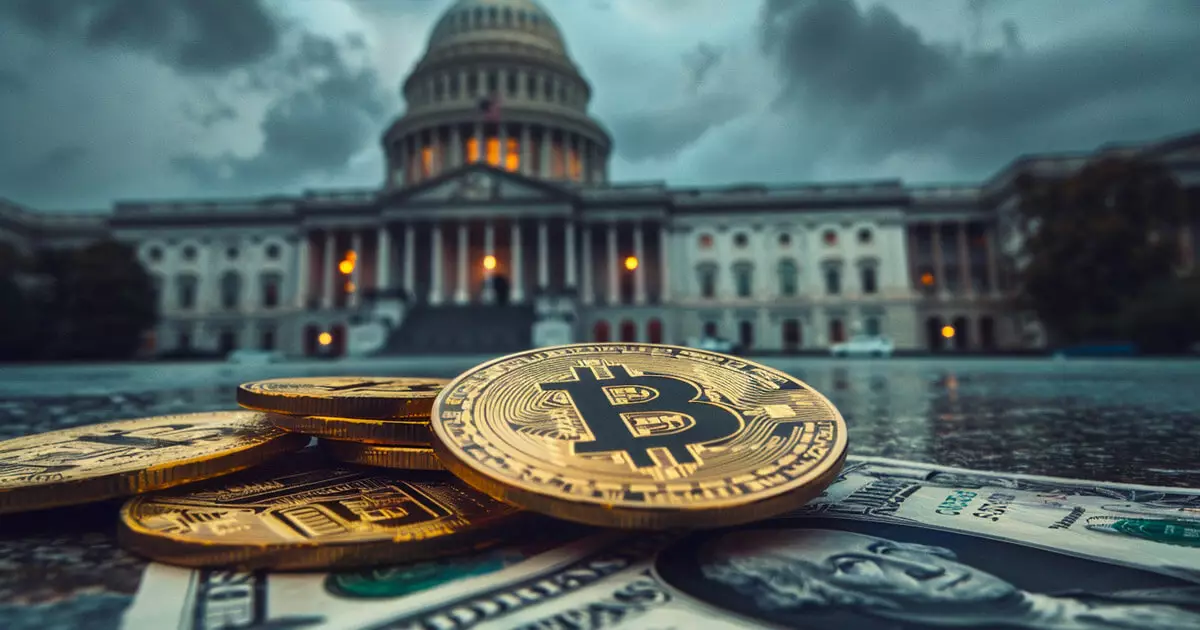During a recent Senate hearing, Senator Tim Scott criticized the current US administration for focusing on digital assets as the main source of terrorism financing. He expressed concern that the Treasury’s exclusive requests for expanded authority over cryptocurrencies are overlooking more significant and traditional sources of funding, such as Iran’s $35 billion in oil exports and $16 billion in US hostage relief and electricity waivers. Scott argued that by zeroing in on crypto, the administration is ignoring larger sources of illicit financing.
Responding to Scott’s critique, Deputy Treasury Secretary Adewale Adeyemo defended the focus on digital assets. He explained that the Treasury’s current lack of authority makes it challenging to regulate crypto transactions effectively compared to traditional financial transfers. Adeyemo highlighted the unique challenges posed by crypto, including Russia’s use of stablecoins to evade sanctions and North Korea’s reliance on mixers to mask financial transactions. The Treasury’s request for additional powers over crypto, proposed in November, aims to introduce secondary sanctions against foreign crypto providers, tighten existing regulations, and tackle risks from international crypto platforms.
Several other senators also expressed support for enhanced oversight of digital assets, advocating for tighter regulations in the sector. Committee Chairman Sherrod Brown emphasized the importance of crypto platforms adhering to the same regulatory standards as traditional financial institutions, especially in the fight against terrorist financing. Senator Bob Menendez raised concerns about the ease of converting oil proceeds to crypto, highlighting the need for comprehensive authority over the sector. Adeyemo reiterated the necessity for more robust regulations in response to these concerns.
Senator Elizabeth Warren called for the extension of financial institution regulations to blockchain validators to prevent abuse in the sector. This suggestion aligns with the broader push for increased oversight and regulation of digital assets to combat illicit financing. The discussions in the Senate hearing underscore the ongoing debates and concerns surrounding the role of digital assets in terrorism financing and the need for comprehensive regulations to address these challenges effectively.
While the focus on digital assets in terrorism financing efforts is important, it is crucial not to overlook more significant traditional sources of funding. The debates and discussions in the Senate hearing shed light on the complexities and unique challenges posed by crypto transactions, as well as the need for enhanced regulations and oversight in the sector. Moving forward, it will be essential for policymakers to strike a balance between addressing the misuse of digital assets and tackling broader sources of illicit financing to effectively combat terrorism financing.














Leave a Reply